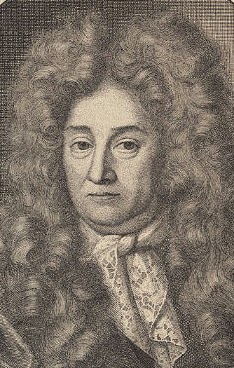World War I (The
Great War) and World War II, affected Germany and its people in various ways.
The wars brought about a new type of unification to the German nation and its
people.
WWI brought a
certain type of excitement that Hagen Schulze described as “a reaction that is
difficult to comprehend today,” (Schulze 191). German citizens felt the excitement
and honor of taking part in WWI. This, in my opinion, can seem a bit hard to
understand for people today why a nation would be showing a certain type of excitement
for a war. For wars are full of destruction and great costs. The reason I can
is was Germany united as a nation in 1871, but there was some inner trouble
within the country itself. When WWI broke out in 1914 it gave every one,
whether a politician, merchant, or citizen, a reason to put aside all
differences and unite as a German nation to fight against the enemies. The war
brought about a way for the Germans to actually see themselves not as
individuals within a boarder, but as one German nation all fighting for the
same cause for the first time since they formed in 1871. War was also seen as great
honor. Basically any man who fought in the war would be held at almost one of
the highest standards for it was every man’s job to lay down their lives for
their countries. This is interesting because so many men were lining up to just
fight in the war at the beginning of it.
A German WWI propaganda poster
A soldier receives flowers form a woman while heading off to the front.
However, as the war dragged on longer than many
expected the feelings towards war began to change drastically. Szhulze stated “As
the war dragged on into the unforeseeable future, the original enthusiasm
quickly faded, although the mood of the educated professional class remained
fervent,” (Schulze 192). The glory of fighting in the war lost its value
because food shortages, lack of supplies, loss of so many lives, and loss of
hope in the war as it continued to drag on. The only people that seemed to
support the war still were the wealthier classes who were the politicians,
preachers, and professors who worked with these young men and influenced them
to head into war. These were the men who did not see the horrors of war and
could never fully see nor seem to understand that the glory of war was gone and
was replaced by the horrors and sadness of it.
With the struggle and suffering of WWI, it is
interesting to think that Germany would even think let alone actually enter a
second world war. However looking at Schulze’s text I can almost see why
Germany entered WWII. One of the main
reasons was the influence of Hitler. Even though Hitler was a dictator who
caused much destruction, he was also a very powerful leader who had great
influence over the German nation. When Hitler was rising to power, he was a
very influential man. Schulze stated “He could collect the hopes and longings
of his audience as a lens collects rays of light, then focus them with
fascinating, vivid language and project them back onto the people,” (Schulze
231). Hitler was a man who gave what the German people wanted. The Weimer
Republic, the government in power after WWI, was becoming weak. Hitler turned
Germany around and reestablished a sense of pride and hope in the German
citizens that was broken after the Great War. As Schulze continued to explain “Hitler’s
party was not only a sect of believers and a party of the people; it was also a
youth movement,” (Schulze 232). Hitler sought to the youth to show that they
too can help turn Germany around, which Hitler did for the economy and its
people improved, so when Hitler declared war in 1939, Germany followed for
Hitler managed to improve Germany in the 1930s why not continue to follow him.
A WWII German propaganda poster
A rally for Hitler and his political party
WWI and WWII brought a way for Germany to unite as one
nation and for individuals to become one national citizen.
Word count: 677

















